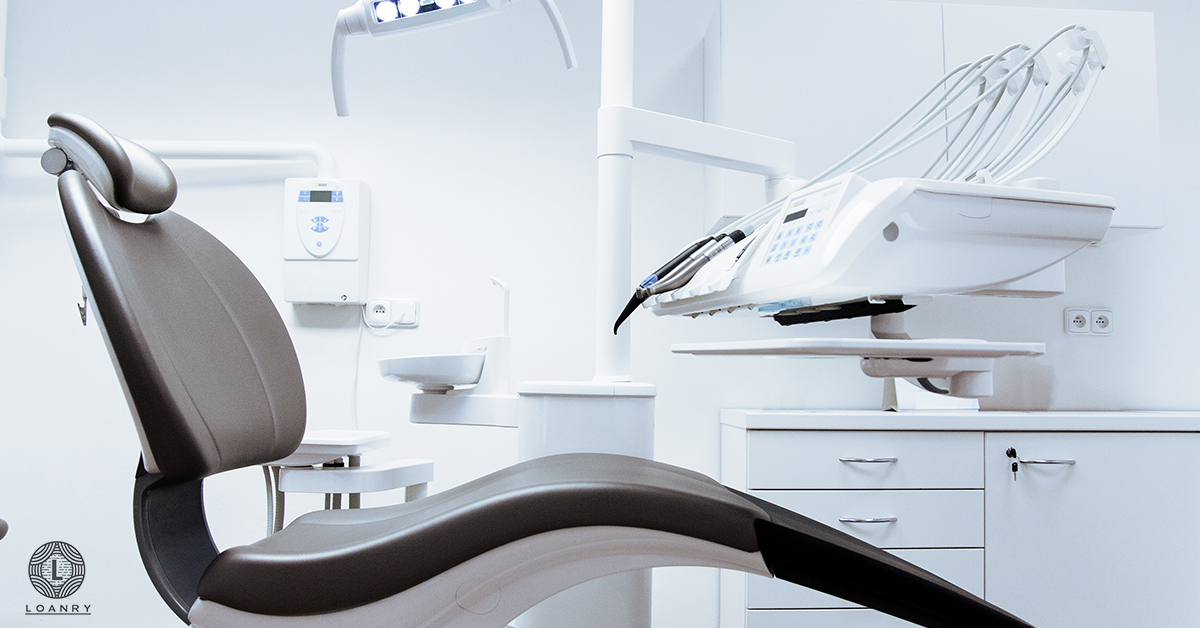It might seem like you have to be a tax professional to navigate the world of medical expense deductions. However the truth is that even a layperson can learn and understand the information that is necessary to know. And although medical finance can get rather complicated, it does not have to be that tedious and difficult. The IRS allows you to deduct qualified medical expenses that exceed 7.5% of your adjusted gross income.
With that in mind, here are some key facts you need to know when it comes to medical expenses. You will also discover which of those expenses are tax deductible.
What Is a Medical Expense Deduction?
Its name gives a clue as to what a medical finance expense deduction is. Put simply, it is a deduction you can take on your annual tax return. At least for certain medical expenses that you pay. The medical finance expense deduction that is allowed will vary. This variation is based on certain factors, such as your annual income.
Medical finance expense deductions can be especially helpful for people who have large medical expenses. However it can still be beneficial for those whose expenses are not quite as steep.
Make sure you keep all your documentation and records on hand and organized throughout the year. This way you can efficiently make the necessary calculations on medical expense deductions at the end of the year.
What Kind of Medical Expenses Are Tax Deductible?
Many types of medical finance expenses are tax deductible. You can deduct expenses you pay for your own medical care, as well as medical care for your spouse and your dependents. Review IRS Publication 502 for thorough details, but some of the deductible expenses include:
What Kind of Medical Expenses Are Not Tax Deductible?
Non-tax deductible medical expenses include:
Any other expenses that are deemed to be unnecessary from a medical standpoint or are only for the general improvement of health are also not permitted to be deducted.
Keep in mind that any medical finance expenses that are tax deductible are ones you pay. So for example if you pay for a medical finance expense that your insurance company later reimburses, you cannot deduct that expense on your tax return.
Those are just some examples of medical finance expenses you can and cannot deduct on your tax return. Always check before you attempt to write off a medical expense. Verify that you are indeed allowed to deduct it.
Needless to say, medical care can be expensive. Deducting medical finance expenses on your tax returns can help to relieve the burden of high medical and dental care costs. Even so, you still have to pay for those costs up front. Then wait to recoup any of those expenses via an increased tax refund or a reduced tax burden on your next year’s tax return.
Meanwhile, it is up to the taxpayer and consumer to come up with the money to pay those medical finance expenses, which can be steep. Some people opt to get a medical loan to help with medical expenses. That includes funding sources like emergency cash loans that can serve as a loan for medical bills.

Are Dental Expenses Tax Deductible?
Certain dental expenses are tax deductible, although there is somewhat more of a gray area when it comes to this as compared to the medically related expenses that can be deducted. Some of the dental expenses that are typically not included as being tax deductible are tooth whitening and cosmetic procedures.
But if a dental procedure is considered to be medically necessary, for example, it tends to be more likely that it is tax deductible.
The more dental expenses you can include on your taxes as being tax deductible, the better it is for your personal bottom line. Even so, coming up with the money for expensive dental fees can be a serious challenge. Particularly if you have bad or limited credit. However, there are some options that might be available to you. Including medical loans for bad credit.
When in doubt about whether a particular dental expense is tax deductible, it is wise to ask and research. On the one hand, you do not want to risk attempting to deduct an expense that is not allowed to be deducted. However on the other hand, you also do not want to forego the tax benefit that can come from deducting an expense that is definitely allowed to be deducted.
Can I Claim Medical Bills from Previous Years?
Typically you should claim medical bills and expenses on the year’s tax return that is for the year in which you paid for the expenses. So for example, if you paid for a particular treatment in 2018, you should claim that expense on your tax return for 2018. Even if you pay for a treatment in 2018, such as toward the end of the year, but do not receive part or all of the treatment until 2019, you should still claim the expense on your 2018 tax return.
If you work with a CPA, they can answer questions you might have about the year in which you should claim particular medical expenses.
How to File Your Medical Expense Deduction
It is fairly straightforward to file your medical expense deduction for any year in which you have that type of expense. As you are completing your tax return for the year, you will include your medical expenses on Schedule A of the 1040 form. Do the following:
1. On Line 1 of the form, write or enter the amount that is the total of medical expenses for the year.
2. On Line 2 of the form, write or enter your adjusted gross income that you entered on Line 38.
3. On Line 3 of the form, enter the number that is your adjusted gross income multiplied by 0.075. This number is your deduction threshold.
4. On Line 4 of the form, enter your medical expenses deduction amount. You get that number by subtracting the deduction threshold from your total expenses.
If you work with a CPA, tax preparer or tax software, you may not have to do as many of these calculations, or the process for calculating numbers might be more automated.
Helpful Reminders for Medical Expenses and Deductions
Remember to keep all of your medical expense receipts in a safe place along with all of your other documentation pertaining to your tax return. You may need that information if your tax return is ever audited.
Claiming medical expenses on your tax return can help you to come out further ahead on your taxes in the form of receiving a larger tax refund than you would have received if you did not claim medical expenses. Or it might help to reduce the amount of taxes that you owe. Of course, you still have to pay the medical expenses as you incur them, and that can be a particular challenge when the expenses are high or sudden and unexpected. But the good news is that there is assistance available, so for example many people discover it is possible to get a loan for medical bills.
Conclusion
Keep all your medical expense information organized throughout the year to make it easier when it comes time to complete and file your annual tax return.
Remember that the rules for many tax-related issues, including medical expenses and deductions, can change from year to year. Stay informed so you will know how best to handle your medical expenses and deductions each year.

Ethan founded Goalry, Inc in Dec 2016 with the mission to build the world’s first and only Financial Goal Mall. One place to reach financial goals and comparison shop for any money matter. Taub invents the IP for the finance stores within the mall, while overseeing various aspects of the company. He also has orchestrated the company’s earned media across the finance stores: Accury®, Billry®, Budgetry®, Debtry®, Cashry®, Creditry®, Loanry®, Taxry® and Wealthry®. This includes over 1200 blogs, 400 videos, thousands of social post and publications that have been featured across the web.
